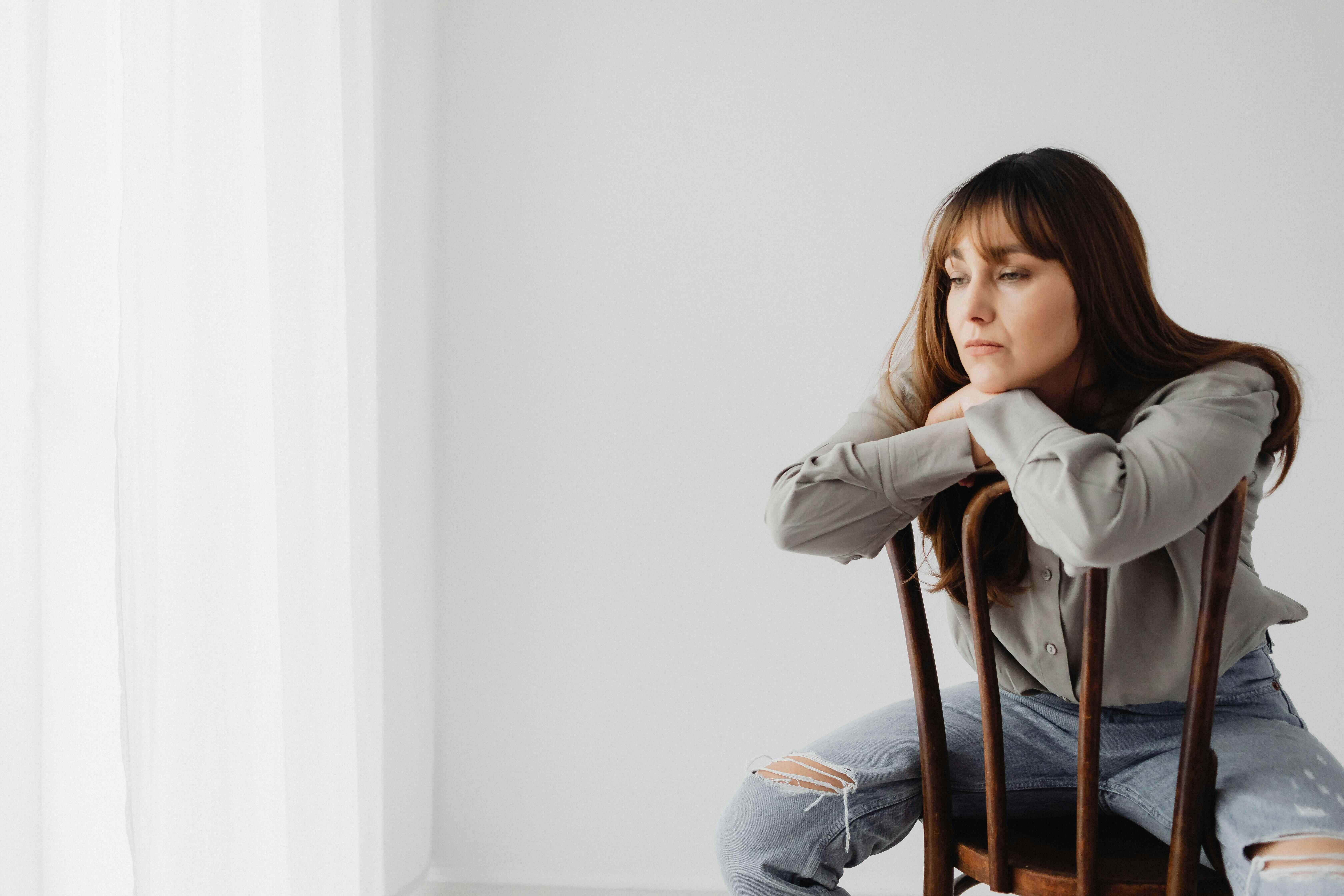Starting a family is a deeply emotional journey filled with hope, dreams, and sometimes unexpected challenges. For many women, exploring other options for parenthood can be daunting, particularly when considering donor eggs.
In this blog, we’ll help you understand when it might be time to consider using donor eggs. We know this choice can feel overwhelming, but it’s important to remember that looking into donor eggs is a valid and positive option.
By considering donor eggs, you open up new possibilities for building the family you’ve always wanted.
Understanding your fertility
Age is the most significant factor that affects fertility. A woman is born with all the eggs she will ever have, and as she ages, the quality and quantity of those eggs decline. While good health can enhance the chance of conceiving and having a healthy baby, it doesn’t negate the effects of age.
In your early to mid-20s, you have a 25-30% chance of getting pregnant each month. However, this fertility rate begins to decline in your early 30s, and after age 35, the decline accelerates. By age 40, the monthly chance of conceiving drops to around 5%.
For many women, this natural progression can raise questions about fertility and the possibility of having a biological child.
Recognising when donor eggs may be necessary
Several factors may lead women to consider using donor eggs:
Diminished ovarian reserve
As women age, their ovarian reserve decreases, leading to fewer viable eggs. This can make it challenging to conceive naturally or through IVF.
Read: What you need to know about having a low ovarian reserve.
Repeated IVF failures
If you have undergone multiple IVF cycles without success, it may be time to explore donor eggs as an option.
Medical treatments
Women who have undergone treatments for conditions such as cancer may find their egg quality has been compromised, making donor eggs a viable choice.
Premature menopause or ovarian insufficiency
Conditions that cause early menopause or insufficient ovarian function can lead to the need for donor eggs.
Genetic conditions
Women with genetic disorders may be unable to use their eggs due to the risk of passing on their conditions to their children.
It’s important to understand that using donor eggs does not diminish the love and connection you’ll share with your child. Many families created through donor egg programs find that the love they feel is as strong and natural as it would be with a biological child. In fact, many families have both biological children and children born through donor egg programs, experiencing the same deep bond with each. No matter how a child enters your family, the love and connection can be equally profound.
The benefits of using donor eggs
Using donor eggs can significantly increase the success rates of IVF. Eggs from younger, healthy donors tend to be higher quality, have fewer chromosomal abnormalities, and have a greater chance of successful fertilisation and implantation.
According to recent studies, implantation rates for IVF using donor eggs are around 44%, which is notably higher compared to using your own eggs as you age. After age 40, there is a 5% chance of conceiving naturally with each menstrual cycle.
In contrast, the live birth rates from IVF using the patient’s own embryos vary by age group, with rates decreasing significantly after age 35.
The Central Egg Bank Guarantees
Central Egg Bank offers a range of egg donation programs with guarantees. You can embark on your fertility journey with peace of mind, knowing we’re here to support you every step of the way.
- 6-7 eggs program: If fewer than the guaranteed number of eggs survive the thaw, Central Egg Bank will provide additional oocytes at no extra cost (aside from shipping).
- 8 eggs program and above: Patients are guaranteed a specific number of high-quality blastocysts. If fewer than the guaranteed number of blastocysts is achieved and a pregnancy does not result, we will provide additional oocytes at no extra cost, aside from shipping fees. All guarantees are subject to a ‘normal’ semen analysis per WHO parameters to ensure optimal outcomes.
Real donor egg success stories
The journey toward parenthood can be filled with twists and turns, but many families have found hope and joy through donor eggs.
Success story #1
In September 2021, amidst the challenges of COVID-19 and coordinating international flights and import logistics to Australia, ‘C’ made the heartfelt decision to choose a donor. Although there was a wait, her donor eggs arrived safely in February 2022. From these 11 eggs, five developed into healthy blastocysts. ‘C’ has since celebrated the arrival of two beautiful children in separate pregnancies, with three frozen blastocysts stored for the future.
Success story #2
‘L’ registered at the end of October 2023. She quickly chose a donor, and just two months later, she learned she was pregnant. With a birth due in November 2024 and five blastocysts in storage, she looks forward to welcoming her little one into the world, along with the possibility of more children.
Success story #3
‘A’ began her journey in June 2021 while navigating both the emotional process of selecting a donor and the logistical challenges of the pandemic. After reviewing several donor profiles, she found her match in September. The donor eggs were delivered in November, resulting in two blastocysts from ten eggs. Following a successful embryo transfer, ‘A’ celebrated a live birth in 2022 and recently welcomed another baby after a second transfer.
Emotional support and resources
Counselling
Support is available at every stage of your journey. IVF clinics often have dedicated counsellors you can reach out to, and local independent counsellors are also an option. For those seeking specialised support, the Fertility Society Australia & New Zealand (ANZICA) connects you with clinical psychologists and social workers experienced in fertility challenges.
For those battling with mental health issues, Better Access Initiative offers access to mental health services that may help you on your journey.
Support groups
Connecting with others can provide a sense of community. Groups like Donor Conceived Australia (DCA) and Australian Solo Mothers by Choice offer spaces to share experiences and gain support.
Resources
Healthtalk Australia features personal stories from Australian women discussing their experiences with infertility and fertility treatments, providing valuable insights and connections.
If you are considering using donor eggs, know that you are not alone. Central Egg Bank is dedicated to providing compassionate support and guidance on your path to parenthood.
You deserve the opportunity to experience the joy of parenthood, and we are here to help you achieve that dream. Explore your options with Central Egg Bank and take the first step towards creating your family.

















